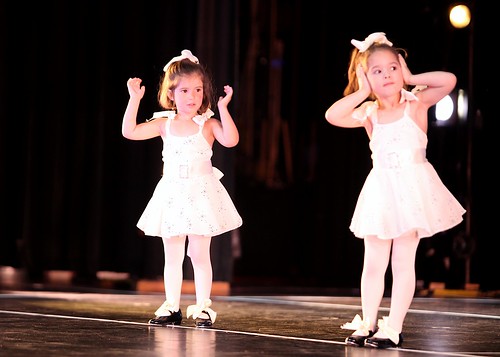One issue that makes writing improvement challenging is that students must take responsibility for their learning. Writing teachers also try to encourage shared responsibility by encouraging writers to give and accept feedback from others and to reflect on that feedback.
Writing teachers use peer review in the classroom to help students share responsibility for their own learning. Reviewing the writing of others requires engagement with another’s text and the creation of new knowledge about writing—about the writing reviewed and about the reviewer’s own writing. Writing teachers design review and revision experiences to enable this authentic work. Engaging in productive talk about writing helps students develop as writers.
Learning from Peers: Scaffolding
Peer scaffolding is a learning theory famously proposed by Vygotsky. The idea is that humans learn best in groups and, quite naturally, look to others as a source of learning. We learn from teachers, but we get important information about how, why, and when to do things by interacting – or even sometimes just by watching – what Vygotsky calls a “more capable peer.”
Think of a row of children in a dance recital. One confidently does the steps, looking out at the crowd. Another sneaks a peek at his slightly more confident classmate to make sure he is on the right foot. Together, the group as a whole can more rapidly advance, bringing everyone in the group along by virtue of “peer scaffolding.”
Before Eli, it was very difficult for students to identify opportunities for peer scaffolding for a writing task. To do so, students need to be able to see what others are doing in their writing tasks in a detailed way. Group discussion of drafts is one way to achieve this. But small group reviews may or may not afford the chance for writers to see a “more capable peer” performance and learn from it.
With Eli, peer scaffolding as a pedagogical imperative is built into the workflow:
- Students use evaluation criteria for a writing project early in the process
- Making formative comments offers students a chance to frame revision plans in explicit terms
- Scaffolding opportunities are made explicit as students compare their feedback with that of the larger group
Eli’s dashboard of review results makes learning from peers concrete, visible, and actionable. Teachers can see who the class has nominated as peer exemplars and other students can as well. Writers can calibrate their personal results with those of others in the class, noting where they have relatively strong responses and where others have stronger responses. This builds confidence and provides students with resources to take responsibility for their own learning.



